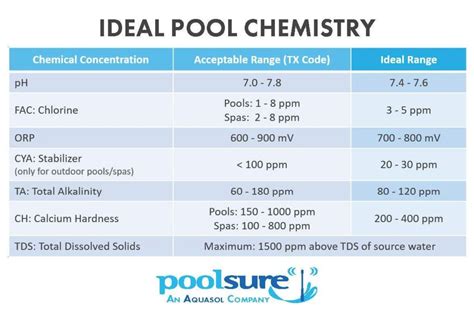Perfect Pool Chemistry: The DE Factor
Maintaining a sparkling, inviting pool isn't just about aesthetics; it's about ensuring a safe and enjoyable swimming experience for everyone. A crucial element in achieving perfect pool chemistry is understanding and managing your filter's diatomaceous earth (DE) levels. This comprehensive guide will delve into the importance of DE in pool filtration, addressing common questions and providing expert tips for optimal pool maintenance.
What is Diatomaceous Earth (DE) and How Does it Work?
Diatomaceous earth, or DE, is a naturally occurring, sedimentary rock composed of fossilized remains of microscopic aquatic organisms called diatoms. These tiny organisms have hard, silica-based shells that, when processed, create a fine powder used as a filter aid in pool filtration systems. DE filters are known for their superior ability to remove extremely fine particles, resulting in crystal-clear water. Unlike sand filters, DE filters trap contaminants within their layers of DE, creating a much finer filtration barrier. This allows for significantly clearer water and less frequent backwashing.
How Often Should I Change My DE Filter?
The frequency of DE filter changes depends on several factors, including pool size, bather load, and the amount of debris entering the pool. A good rule of thumb is to change your DE every 2-4 weeks during peak swimming season. However, you should inspect your filter regularly. If you notice a significant drop in filtration efficiency (cloudy water, increased pressure), it's time for a DE change, regardless of the timeframe. Always consult your pool filter's specific instructions for recommended cleaning and DE replacement schedules.
What are the Signs of a DE Filter in Need of Cleaning or Replacement?
Several indicators signal that your DE filter needs attention:
- Increased Filter Pressure: A noticeable rise in filter pressure indicates that the DE is clogged with debris.
- Cloudy Water: If your pool water becomes cloudy despite proper chemical balance, it suggests the filter isn't adequately removing contaminants.
- Reduced Filtration Efficiency: If you find yourself frequently cleaning the pool skimmer or noticing more debris accumulating at the bottom, your filter may be struggling to do its job.
Regularly monitoring your filter pressure gauge is key to proactive maintenance. A significant pressure increase warrants immediate attention.
How Much DE Powder Do I Need for My Pool Filter?
The amount of DE powder required depends entirely on the size and type of your pool filter. Always refer to the manufacturer's instructions for your specific filter model. Adding too much DE can clog the filter, while adding too little won't provide sufficient filtration. Precise measurements are crucial for optimal performance.
What Happens if I Don't Change My DE Regularly?
Neglecting regular DE changes can lead to several issues:
- Cloudy Water: Reduced filtration allows fine particles to remain in the water, causing cloudiness.
- Algae Growth: Fine particles can provide a breeding ground for algae, making it harder to maintain proper water balance.
- Reduced Filter Lifespan: Overworked filters with clogged DE are more prone to damage and require more frequent repairs.
- Increased Chemical Consumption: You might find yourself using more chemicals to compensate for the inefficient filtration.
Regular DE maintenance is essential for preventing these issues and maximizing the lifespan of your pool filter.
Can I Use DE From Different Brands Interchangeably?
While different brands of DE generally have similar compositions, it's best to stick with the type recommended by your filter manufacturer. Using a different type might affect filter performance or even damage the filter. Always check the specifications before using an alternative DE.
Conclusion: The Key to Crystal-Clear Water
Maintaining perfect pool chemistry hinges on many factors, with DE filter management playing a vital role. Regular cleaning, timely DE changes, and attention to filter pressure are keys to enjoying crystal-clear, healthy pool water all season long. By understanding and addressing the DE factor, you can ensure a safe, sanitary, and aesthetically pleasing swimming environment for years to come. Remember, proactive maintenance is always better than reactive repairs!

